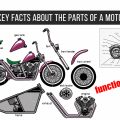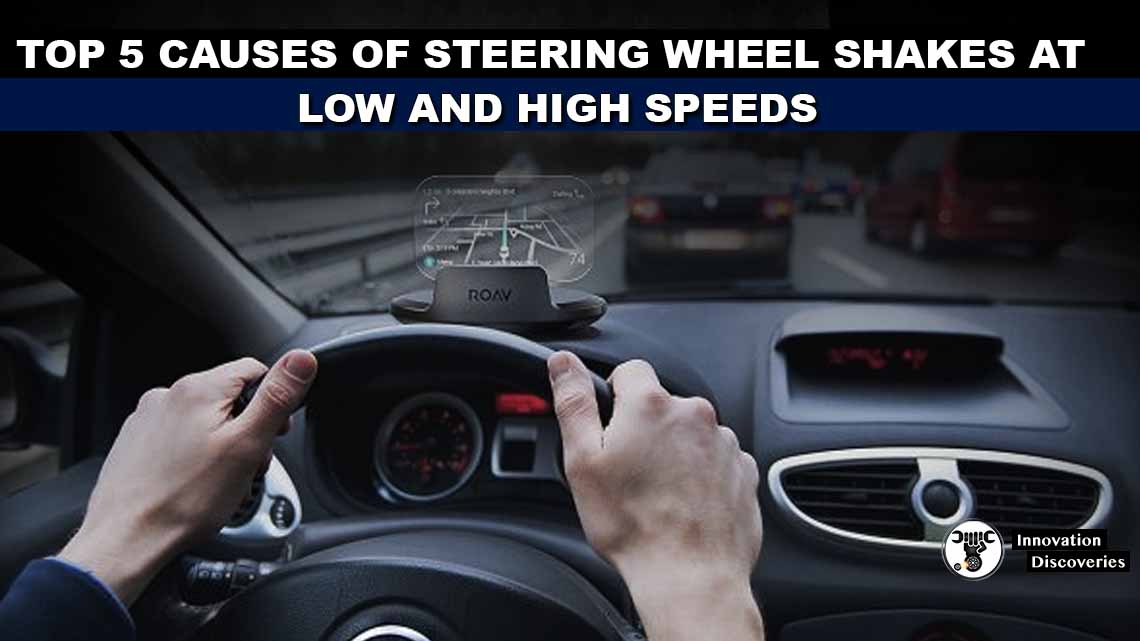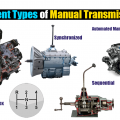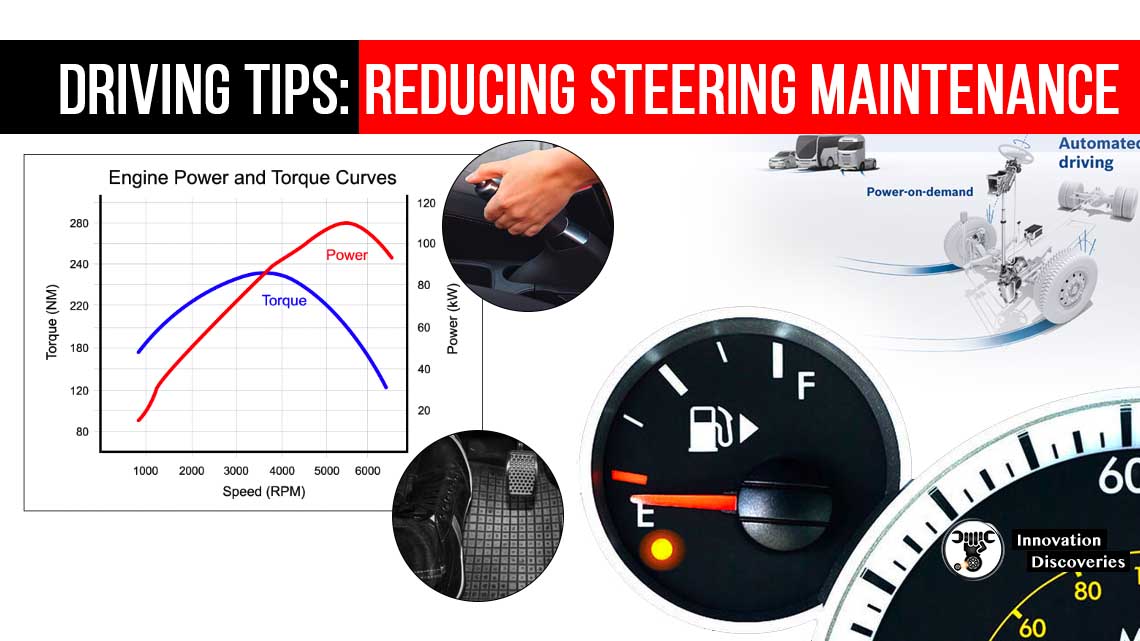
We all develop bad driving habits over the years. And it’s not just driving at high speeds or braking late, but revving cold engines and riding the clutch.
You may have no idea that some of your everyday habits are causing unnecessary strain on your car or truck.
Day after day, those subconscious behaviours can quickly add up to worn steering and suspension parts.
Let’s look at some common bad driving habits that can lead to maintenance bills.
READ MORE: Driving Tips
Are you guilty? Bad driving habits and their symptoms
Resting your hand on the gear stick
It’s pretty common to rest your hand on the gear lever.
But remember that the gear stick is connected to the control rod, so the weight of your arm can push the selector forks against the gears and cause wear.
Added to that, it’s a safe driving practice to keep both hands on the wheel whenever possible.
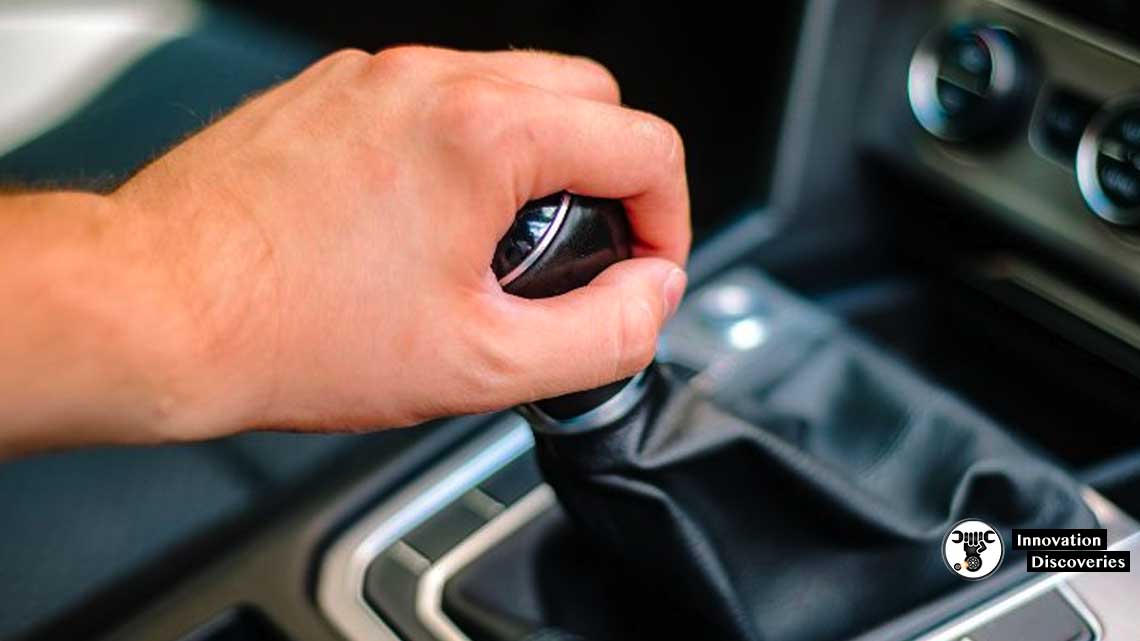
CLICK TO READ:
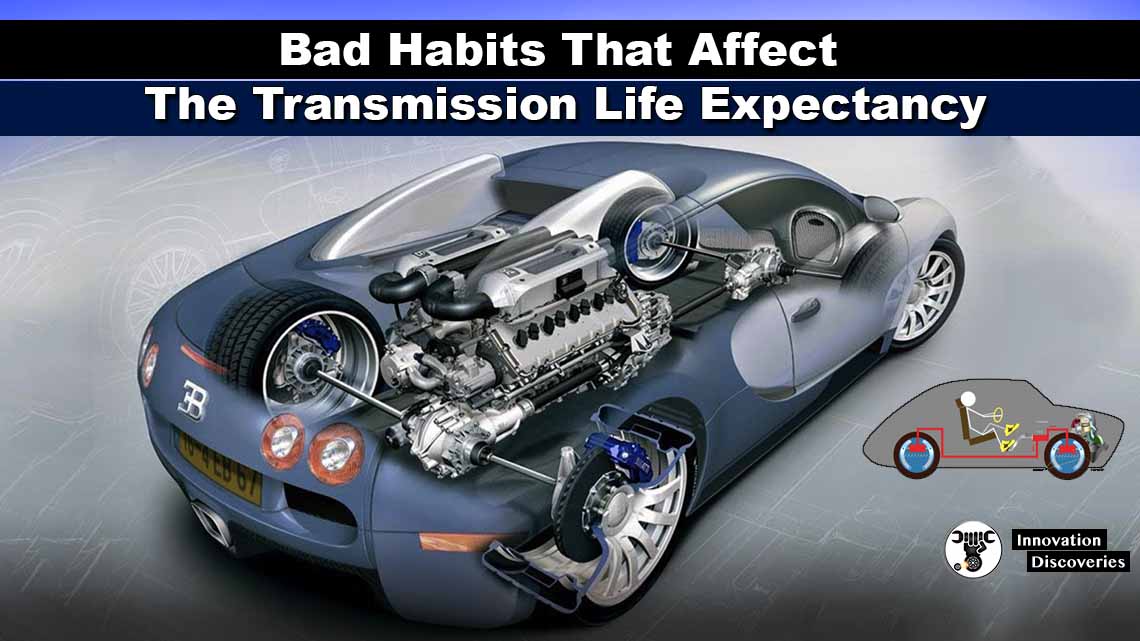
Driving with the fuel light on
If you run the fuel down and push your luck with the warning light, then don’t.
A near-empty tank generates heat and can cause the fuel pump to fail.
You may also damage the catalytic converter and if there’s dirt in the tank, the fuel filter can block.
So the moral of the story is: don’t risk it! Refuel immediately.
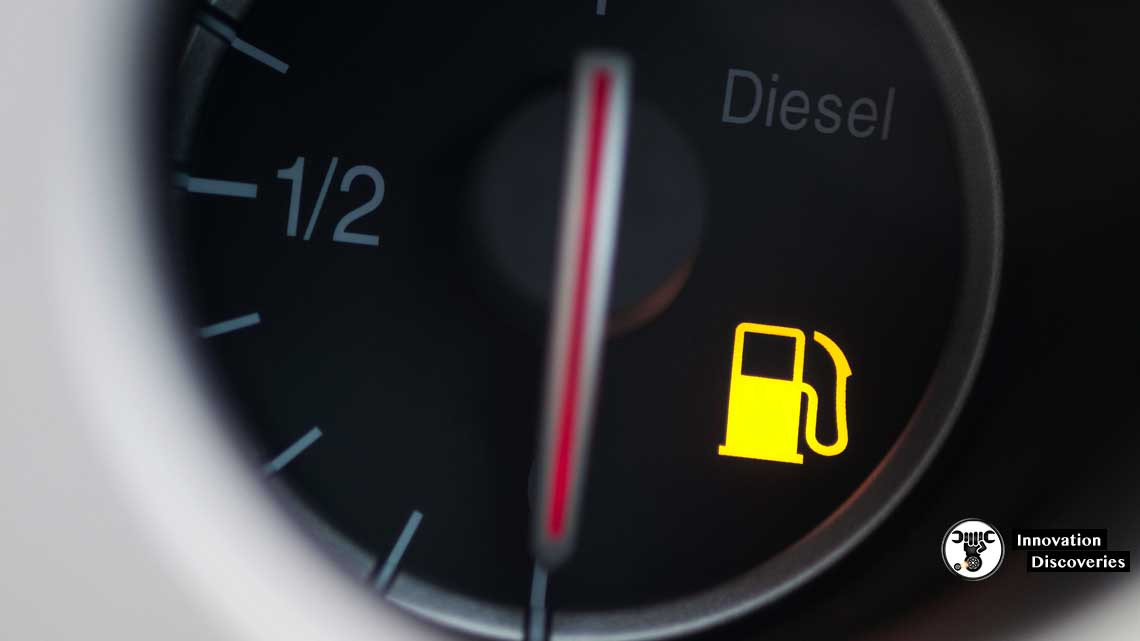
- WHEN TO SHIFT GEARS FOR THE BEST FUEL ECONOMY
- HOW TO CHECK FUEL PRESSURE FOR FUEL PUMP TESTING
- WHICH PARTS ARE MOST DAMAGED WHEN CARS RUN OUT OF FUEL?
- 7 FUEL-SAVING TIPS (YOU CAN START TODAY)
CLICK TO READ:
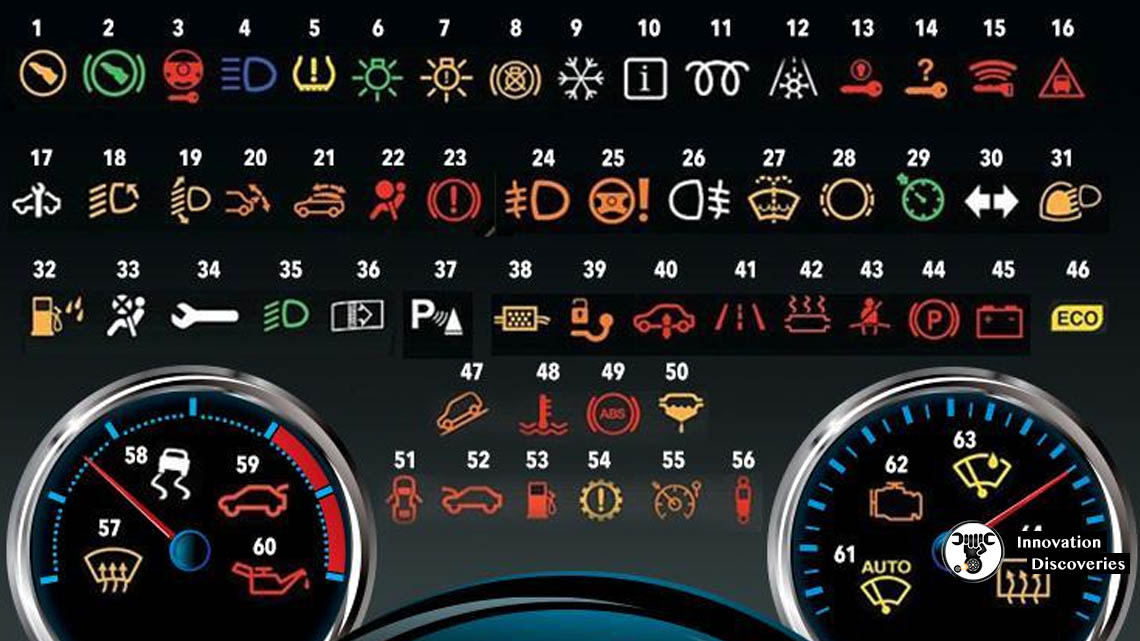
Not using the parking brake
See that hand brake? It’s not just for hills. Even if you have an automatic, you should use the parking (or ‘emergency’) brake every time you park.
This provides a safe and secure hold, as well as helping to protect the parts and transmission.
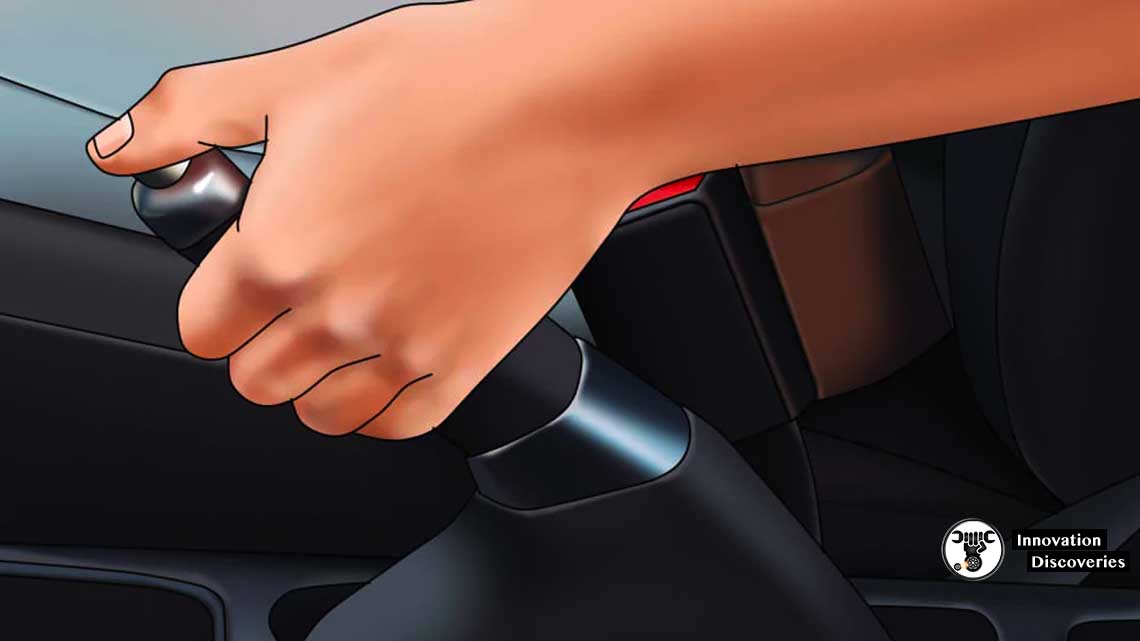
CLICK TO READ:
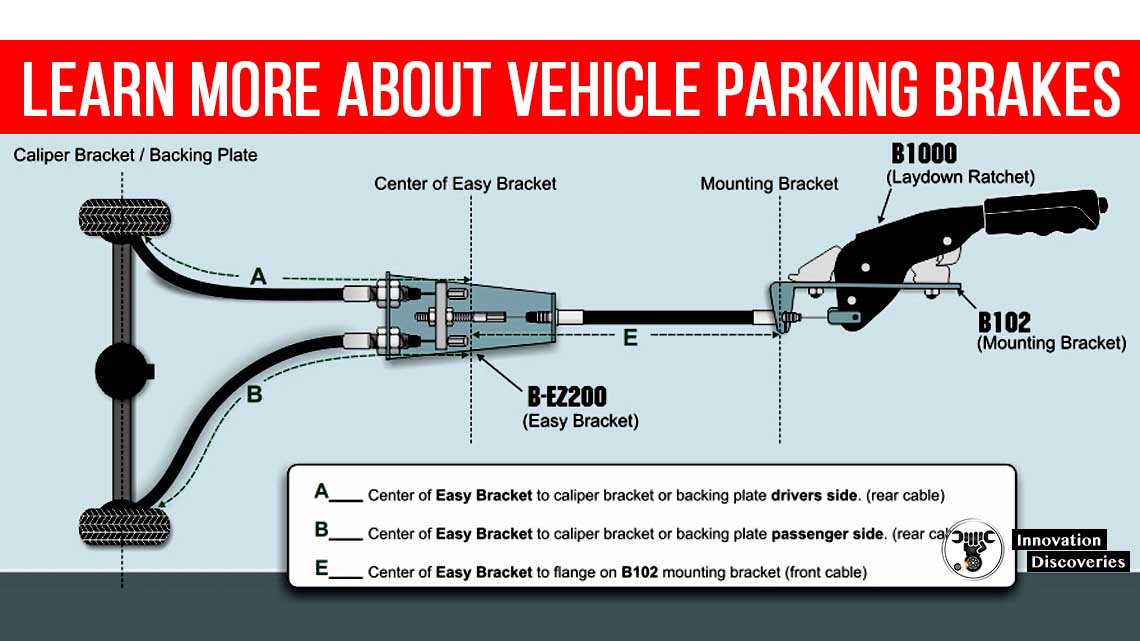
Resting your foot on the clutch
It’s tempting to ‘ride the clutch’, but this keeps it partially disengaged.
You can cause unnecessary wear to the clutch plate if you rest your foot on it rather than on the floor.
Coasting is a risky habit, as you have no control if you need to swerve or manoeuvre.
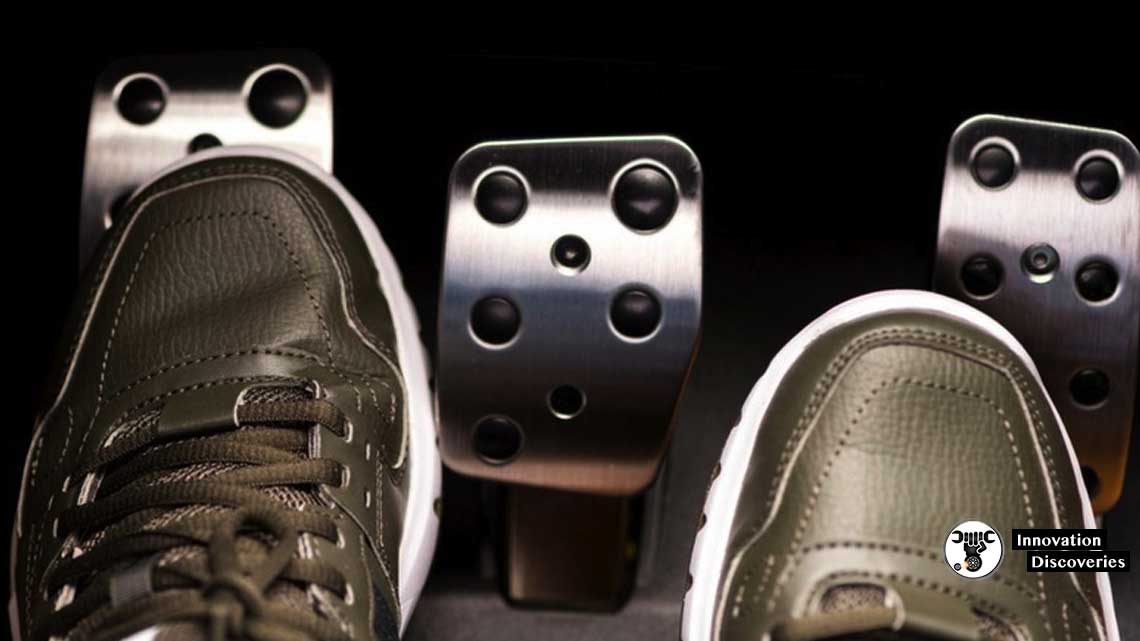
RELATED CONTENT:
- HOW A CAR CLUTCH WORKS
- 5 THINGS YOU SHOULD NEVER DO IN A DUAL CLUTCH TRANSMISSION VEHICLE
- SINGLE PLATE CLUTCH
- CENTRIFUGAL CLUTCH – WORKING PRINCIPLE, MAIN PARTS ADVANTAGES AND DISADVANTAGES
- CHECKING AND REMOVING A CLUTCH MASTER CYLINDER
- HOW TO BLEED A CLUTCH
- 3 EASY TIPS TO DIAGNOSE A SLIPPING CLUTCH
Zooming over bumps and holes
You may think your car can handle it but drive slowly and carefully when there are bumps or holes in the road.
As well as being highly dangerous, hitting road hazards can cause wheel misalignment and damaged suspension parts.
Revving when the engine is cold
Even if you’re in a rush, let your engine warm up gradually. High RPMs on a cold engine create undue stress – whether you have an old or brand new car.
CLICK TO READ:
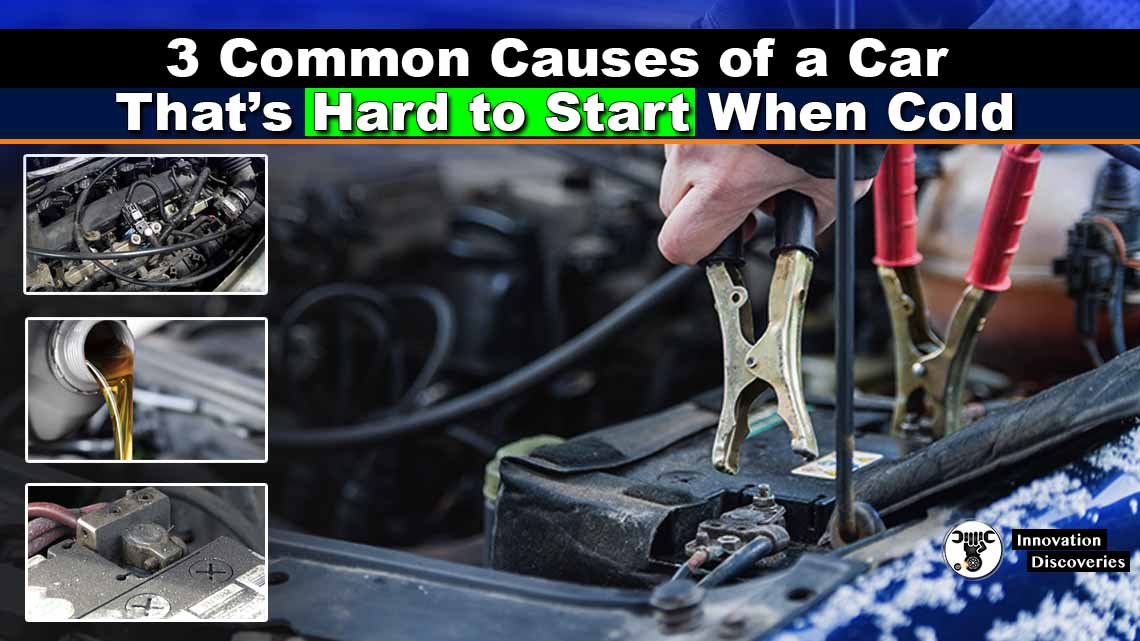
Driving in too high a gear
Keeping revs low can save fuel, but too high a gear will bog down the engine.
Especially on hills, you need enough revs for torque for the car to drive at its optimum.
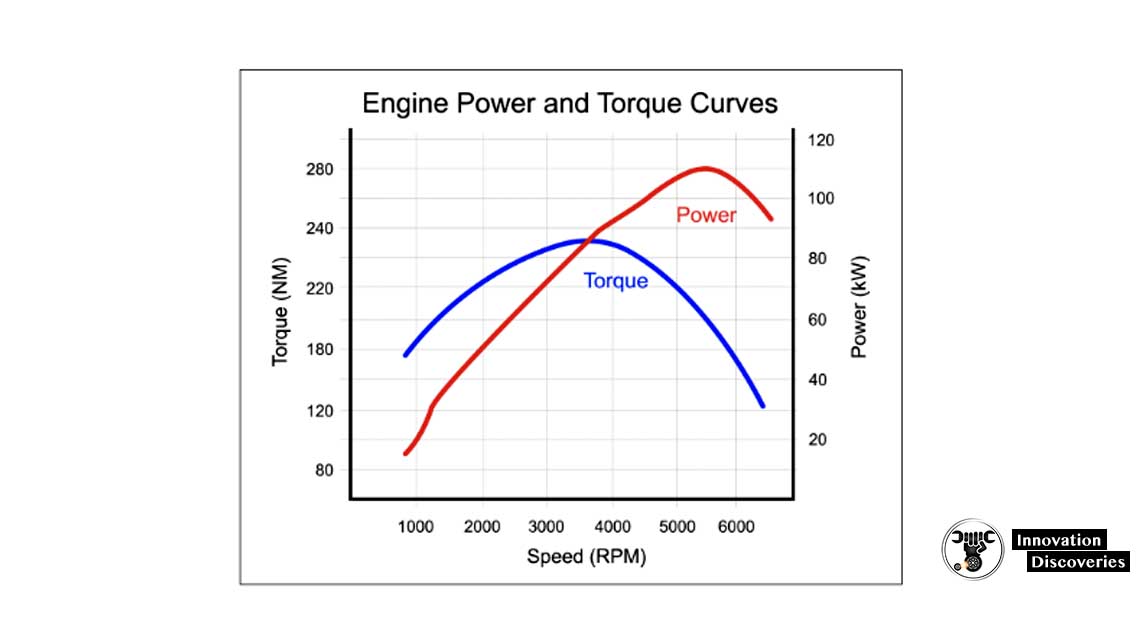
CLICK TO READ:
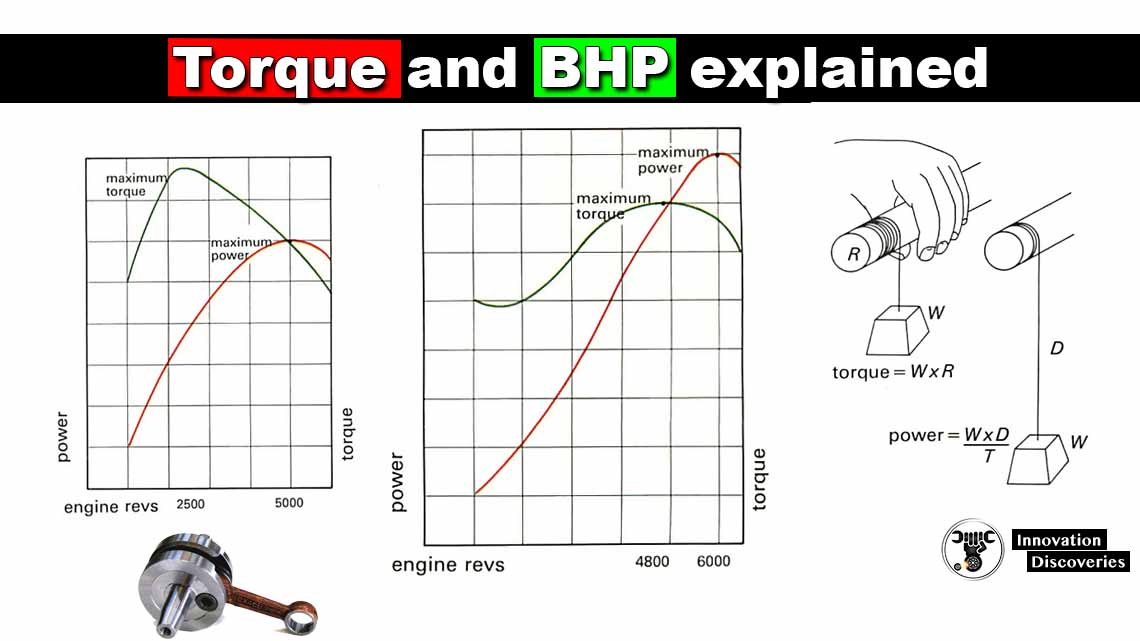
How can you tell if the steering or suspension is damaged?
If you’ve caused or worsened car problems due to poor driving habits, you may start to notice some symptoms.
While these may not appear to be urgent, don’t ignore them or you could damage your car and cause a serious accident.
Warning signs that steering and suspension problems are lurking include:
- Shaking or vibrating steering wheel
- Noises when turning the steering wheel
- Clunking, squeaking or banging under the car
- Pulling to one side when you drive
- Looseness or excessive play in the steering wheel
RELATED CONTENT:
- TOP 5 CAUSES OF STEERING WHEEL SHAKES AT LOW AND HIGH SPEEDS
- 5 WARNING SIGNS OF BAD INTERMEDIATE STEERING SHAFTS
- 3 COMMON SYMPTOMS OF LOW POWER STEERING FLUID
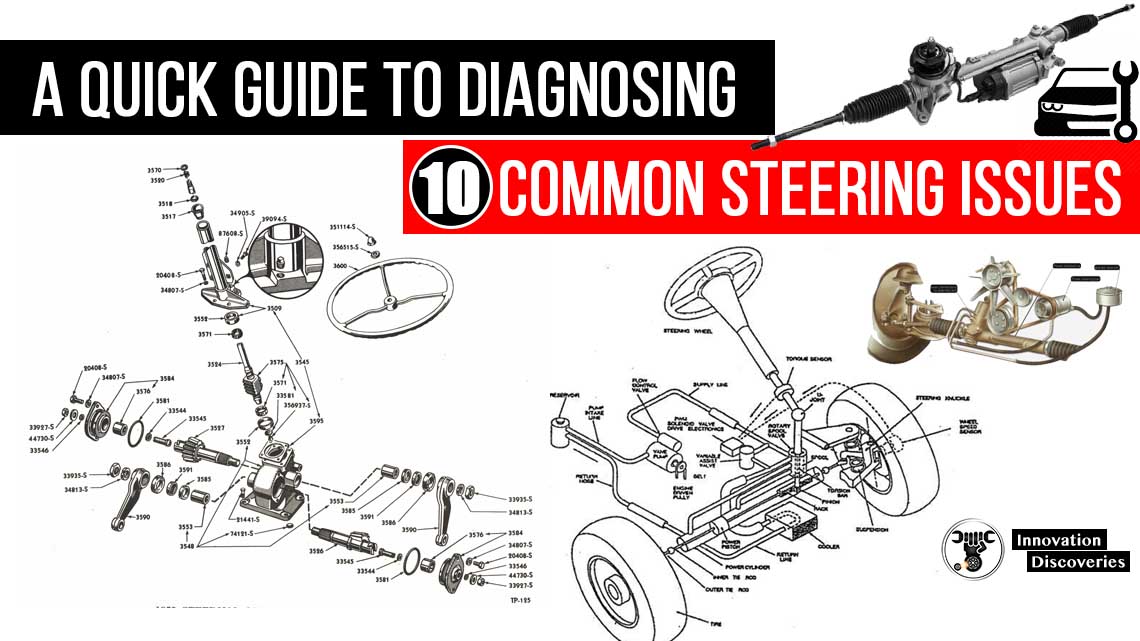
When should you get your vehicle serviced?
Every car is different and manufacturers provide their guidelines (you’ll find this advice in the manual).
Although its good practice to service once a year, early signs of deterioration can be spotted and quickly corrected.
Of course, if you hit a road hazard or find yourself in a collision, don’t wait until your next routine service to get it checked over by a qualified mechanic.
Bad driving habits and delaying regular car maintenance can worsen issues and affect car handling.
It tends to be the case that by trying to avoid spending money, little problems have a knock-on effect and cause costlier issues.
Visit Forum
Visit Our Friendly Website



